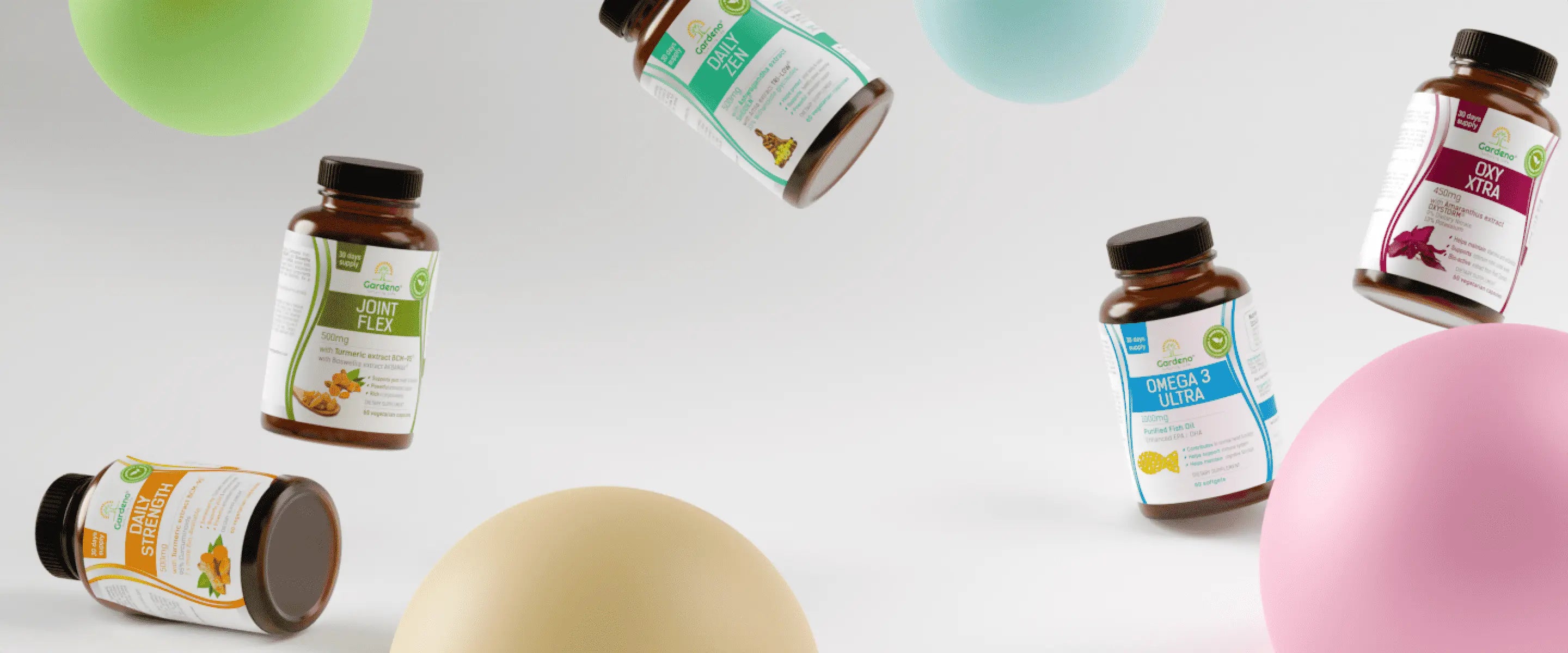
Vitamin C: the powerhouse of immunity
Posted:Vitamin C
Vitamin c is a water-soluble vitamin found in citrus, berries and other fruits and vegetables. And it plays a role in controlling infections and healing wounds, and is a powerful antioxidant that can neutralize harmful free radicals. It is needed to make collagen, a fibrous protein in connective tissue that is weaved throughout various systems in the body: nervous, immune, bone, cartilage, blood, and others. A number of hormones and chemical messengers that are used in the brain and nerves are made possible by the vitamin.
It is essential for several body processes including immune system support, promoting skin health and wound healing. Unlike some other vitamins, the human body cannot produce Vitamin C on its own, making it essential to obtain an adequate amount through diet or supplements.
Vitamin C and the immunity
Among its many functions, vitamin C is known for strengthening the immune system. As an antioxidant, it aids in the removal of dangerous free radicals that can deteriorate immune system performance and cause cell damage. Vitamin C is essential for protecting the body against infections, colds, and flu by enhancing the immune system.
Vitamin C for skin health
As vitamin C is so acidic, it aids in the repair of skin conditions effectively. When used topically, it speeds up the synthesis of collagen and elastin, which helps to heal a wound quickly. Protein fibers called collagen and elastin help skin cells regenerate and give your skin a firm, firm texture.
Collagen may lessen dark pigmentation and aid in delaying the aging process of the skin. Additionally, Vitamin C helps to reduce fine lines and wrinkles and gives a tighter skin.
Food sources of Vitamin C
Major natural source of Vitamin C involves citrus fruits, tomato and tomato juice and potatoes. Various other sources include red and green peppers, kiwifruit, broccoli, strawberries, Brussels sprouts, and cantaloupe. Although vitamin C is not naturally present in grains, it is added to some fortified breakfast cereals.
The vitamin C content of food may be reduced by prolonged storage and by cooking because ascorbic acid is water soluble and is destroyed by heat. Steaming or microwaving may lessen cooking losses. Fortunately, many of the best food sources of vitamin C, such as fruits and vegetables, are usually consumed raw. Consuming five varied servings of fruits and vegetables a day can provide more than 200 mg of vitamin C.
Supplementation of Vitamin C
While food is the best source of vitamin C, some people have specific needs or find it difficult to get all the vitamins they need from diet alone, in which case supplements may be beneficial. There are several kinds of vitamin C supplements, such as chewable gummies, tablets, and capsules. Before beginning any new supplement regimen, it is crucial to select a high-quality product from a reliable supplier and speak with a healthcare provider.
Supplementing with Gardeno Tangy orange can unleash the skin and overall health of the body by protecting against various external infections.
Conclusion
As a whole, Vitamin C is a powerhouse nutrient with an array of health benefits. From strengthening the immune system to promoting skin health, supporting wound healing, and providing antioxidant defense. By incorporating Vitamin C-rich foods into your diet and considering supplements when needed, you can harness the mighty power of this vital vitamin for overall well-being.







